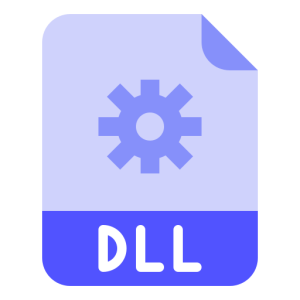Description
COMBASE.DLL
COMBASE.DLL is a dynamic link library (DLL) file that is an integral part of the Windows operating system. It is responsible for providing essential functionality related to Component Object Model (COM) technology, which enables software components to interact with each other across different programming languages and platforms.
This DLL file plays a critical role in facilitating communication and interoperability between software components, regardless of their programming language or location. It contains a collection of functions, interfaces, and resources that enable the creation, management, and usage of COM objects on a Windows system.
COMBASE.DLL is a vital component of the Windows operating system and is loaded into memory when needed to support various COM-related operations. It ensures that COM-based applications and components can communicate effectively and perform their intended tasks without compatibility issues.
Purpose and Functionality
COMBASE.DLL serves as the foundational layer that enables the functioning of COM technology on Windows. It provides a range of functionalities essential for COM-based software development and execution, including:
- Object Creation and Registration: The DLL facilitates the creation and registration of COM objects, allowing software components to be instantiated and interact with each other.
- Interface Management: COMBASE.DLL handles the management and communication of interfaces between software components, ensuring that objects can communicate and exchange data smoothly.
- Marshaling and Proxying: The DLL assists in marshaling and proxying COM-based calls across process boundaries, allowing components to interact across different processes or machines.
- Reference Counting and Lifetime Management: COMBASE.DLL tracks and manages the reference counts of COM objects, ensuring that objects are safely released and memory resources are properly managed.
- Error Handling and Exception Management: The DLL handles error conditions and exceptions that occur during COM operations, providing a mechanism for graceful error handling and recovery.
Common Use Cases
COMBASE.DLL is utilized extensively by various software components and applications that rely on COM technology. It is commonly required for the following use cases:
- Software Development: Developers use COMBASE.DLL along with other COM-related libraries and tools to create software components that can be easily integrated and reused by other applications.
- COM Object Instantiation: When a COM-based application needs to create an instance of a COM object, COMBASE.DLL is invoked to handle the object creation and initialization process.
- Interprocess Communication: COMBASE.DLL enables communication between COM objects located in different processes or machines by marshaling calls and handling proxying and remote procedure calls (RPC).
- Application Integration: Applications that rely on COM technology may depend on COMBASE.DLL to ensure seamless integration and compatibility with other COM-based components and libraries.

